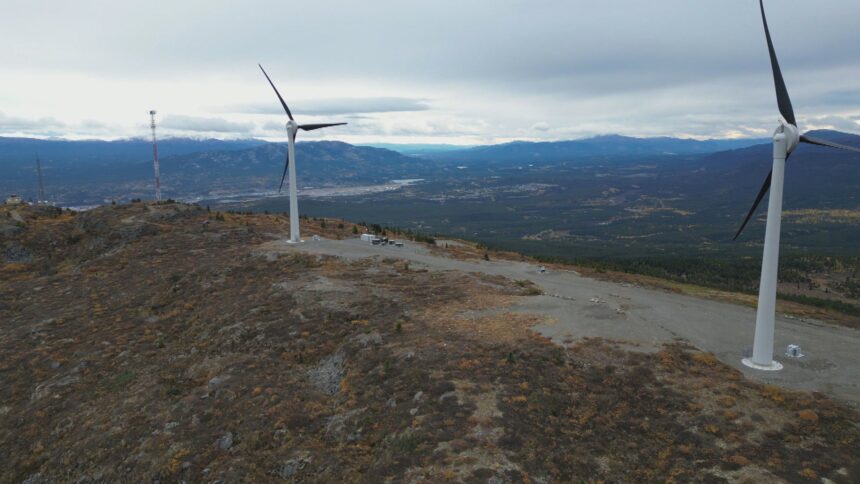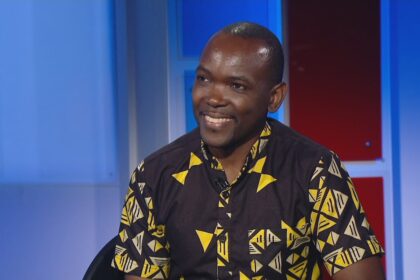Federal funding of programs supporting Indigenous-led clean energy projects in rural and remote communities are at risk of not being renewed, according to a new report from the Pembina Institute, a Canadian clean energy think-tank. The report takes a national scan of the policies, programs, and initiatives that support Indigenous-led diesel reduction. According to Pembina, programs focused on remote communities have supported nearly 500 clean energy projects. But it also warns the programs could be hampered by the federal government’s push for nation-building projects and cost cutting. “Recent legislation has raised serious concerns among Indigenous leadership about the federal government’s commitment to respecting Indigenous rights and priorities, while calls from political leadership for spending cuts have left the future of critical funding programs in question,” the report said. “As the federal government evolves its priorities, it must not lose focus on collaboration, engagement, and government-to-government relationships with Indigenous peoples in remote communities.” Arthur Bledsoe, a senior analyst for the institute, said at a press conference last week that the funding programs are crucial in helping make clean energy projects viable in remote communities. “Many of those are delivering critical opportunity, economic opportunity, and secure and reliable energy to their communities,” he said. Look to the North for nation-building, says advocate Of the five fast-tracked nation-building projects announced by Prime Minister Mark Carney to help boost Canada’s economy, none are located in the territories. Blaine Chislett, an Inuk clean energy advocate from Rankin Inlet, Nunavut, who also spoke at the conference, said the federal government should be looking to invest in major projects in the far North, especially with the growing push to bolster Canada’s Arctic security. He noted investment in the North could complement NATO’s direction for Canada to increase its spending on national defence. “They already use Inuit as poster children all across the Arctic to say it’s Canadian sovereignty,” he said. “Why don’t they help us push towards that with nation-building and community handshakes and cultural handshakes, by allowing us to build our own power, produce our own power for our people?” Bledsoe agreed, noting remote northern communities hold geographic and strategic importance. “We would continue to emphasize that these projects are, in fact, nation-building,” he said. “Remote communities are located throughout and at the extremities of Canada. Strong remote communities (are) intimately tied to Arctic sovereignty. It’s intimately tied to Canadian sovereignty and the importance of these projects cannot be overstated.” Report stresses importance of collaboration, investment The report likewise notes the territories experience unique challenges with clean energy infrastructure. “High costs, small tax bases, outdated technology, and other constraints make developing and funding renewable energy extremely challenging, highlighting the importance of federal investment,” it states. It also found jurisdictions like British Columbia, Quebec and Yukon are making the most headway in supporting Indigenous-led clean energy projects, while provinces like Alberta and Manitoba have made the least amount of progress in areas like planning, strategies and Independent Power Producer (IPP) policies. The report calls for utilities and all levels of government to provide consistent and reliable funding, work closely with Indigenous governments and invest in training and capacity. “Clean energy in remote Indigenous communities is about more than reducing diesel,” it concludes. “Developing renewable energy is a pathway to community flourishing.” Continue Reading
Clean energy projects at risk of cuts by Carney government: report

Leave a Comment









